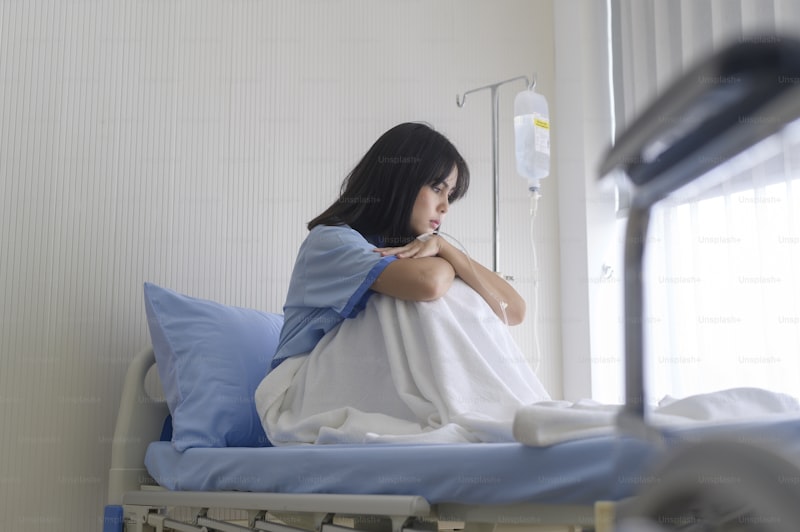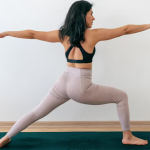New research is bringing yoga one step closer to becoming a medically recommended treatment for depression. Findings show that yoga practice can help reduce symptoms of the condition, which is one of the most common mental health disorders in the United States and worldwide, with around 16.1 million American adults alone experiencing at least one depressive episode in the last 12 months.
Antidepressants are still the predominant treatment for depression, but with 10 – 30 percent of patients not responding to them, alternative options have long been sought…
…Enter yoga. According to the US National Center for Complementary and Integrative Health, around 13 milion US adults have practised yoga in the last 12 months, with 58 percent of those practising for health and wellbeing reasons. While the physical benefits of yoga – notably its ability to alleviate back pain – are well noted, studies are now suggesting its mental benefits are also ample.
A study reported by Medical News Today in 2016, for example, associated pranayama with improvements in depressive symptoms, and a variety of further studies, presented at the American Psychological Association’s 125th Annual Convention, provide further evidence of this association.
Benefits of Bikram and Hatha
In a study conducted by Lindsey Hopkins, Ph.D., it was found that male veterans with high scores on a depression scale, who practised hatha yoga twice weekly for 8 weeks, experienced a significant reduction in symptoms when re-tested on the same scale after the 8 week period. They also reported that they enjoyed the practice, rating enjoyment at 9.4 on a scale of 1 to 10.
Meanwhile, in another study of women aged 25 to 45 years, Sarah Shallit – of Alliant International University in San Francisco, CA – found that compared with a control group, the Bikram yoga group experienced significant reductions in symptoms of depression.
Yoga may ease chronic depression
Another study presented at the convention revealed that yoga may also help chronic depression – depression experienced over a longer period – as well as stress and anxiety.
Study co-author Nina Vollbehr, of the Center for Integrative Psychiatry in the Netherlands, and colleagues enrolled 12 adults who had been living with depression for an average of 11 years. For the study, each participant was required to take part in a yoga program involving a 2.5-hour yoga session once per week for 9 weeks.
Levels of depression, anxiety, stress, rumination, and worry were assessed before and just after the yoga program, as well as 4 months later. Researchers found that levels of depression, anxiety, and stress decreased throughout the course of the yoga program, and that these results remained 4 months after the program ceased. While the participants saw no reduction in rumination and worry during the yoga program, there was a decrease in these areas 4 months after the program ended.
“These studies suggest that yoga-based interventions have promise for depressed mood and that they are feasible for patients with chronic, treatment-resistant depression,” says Vollbehr. Hopkins advocates yoga is to be treated as a complementary approach to the treatment of depression, “likely most effective in conjunction with standard approaches delivered by a licensed therapist.” Yoga is not a cure-all, she says, “however, based on empirical evidence, there seems to be a lot of potential.”
Taken together, the researchers believe that their studies indicate that yoga may be a feasible treatment option for depression, particularly for those with a poor response to current therapies. So, we may well be closer to prescription yoga than ever before.
Read the full story at Medical News Today.













